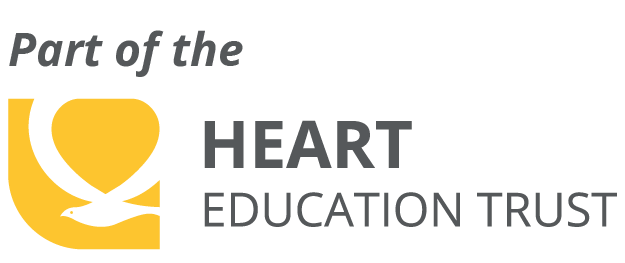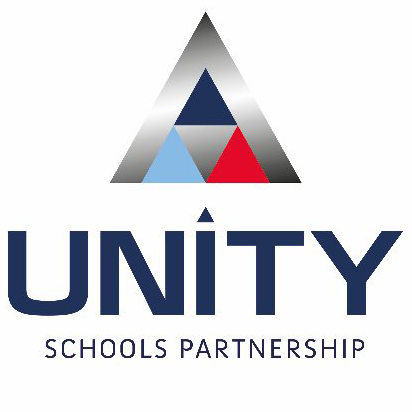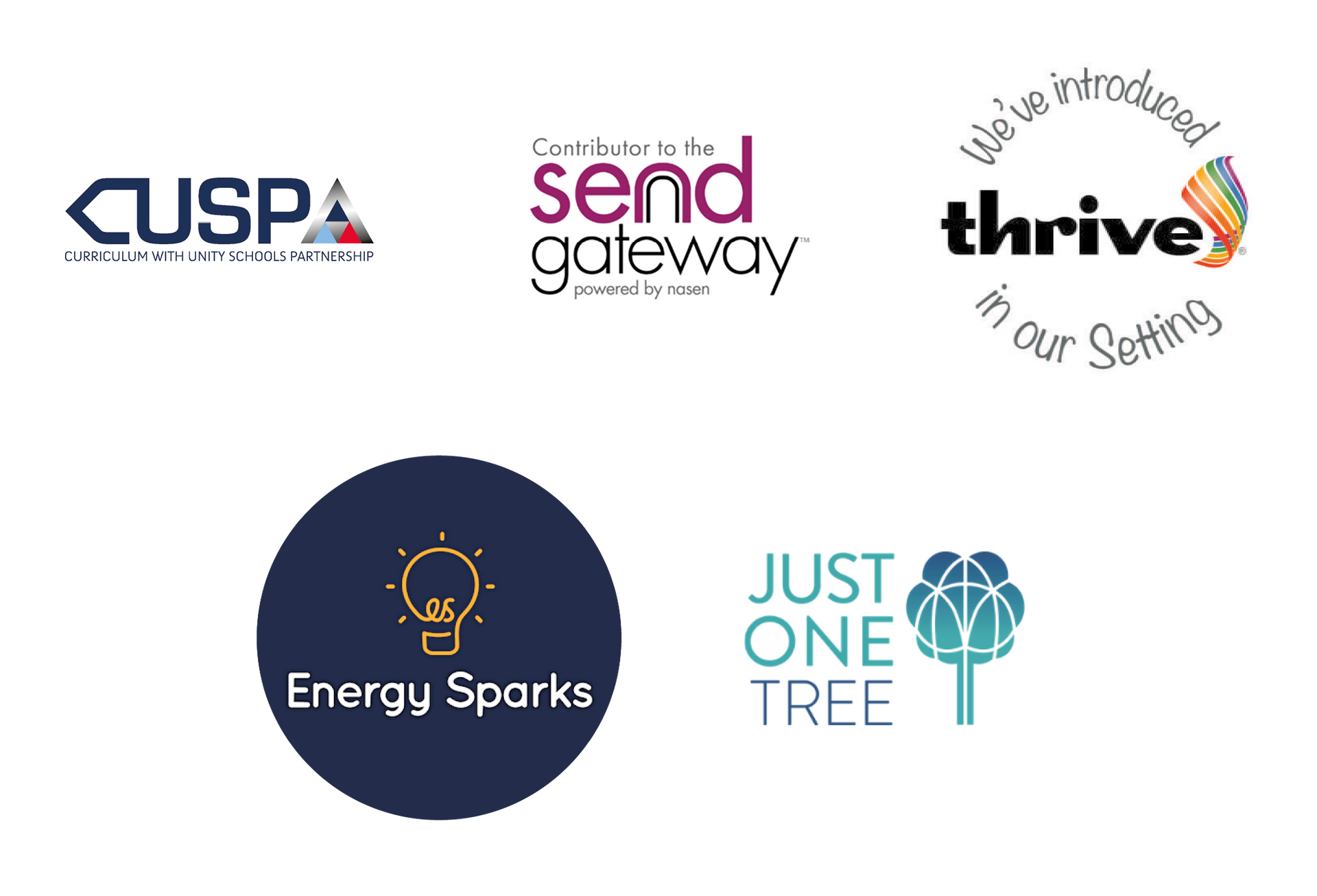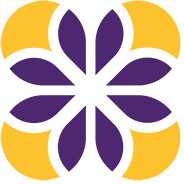
Learning at Heartsease
Primary Academy

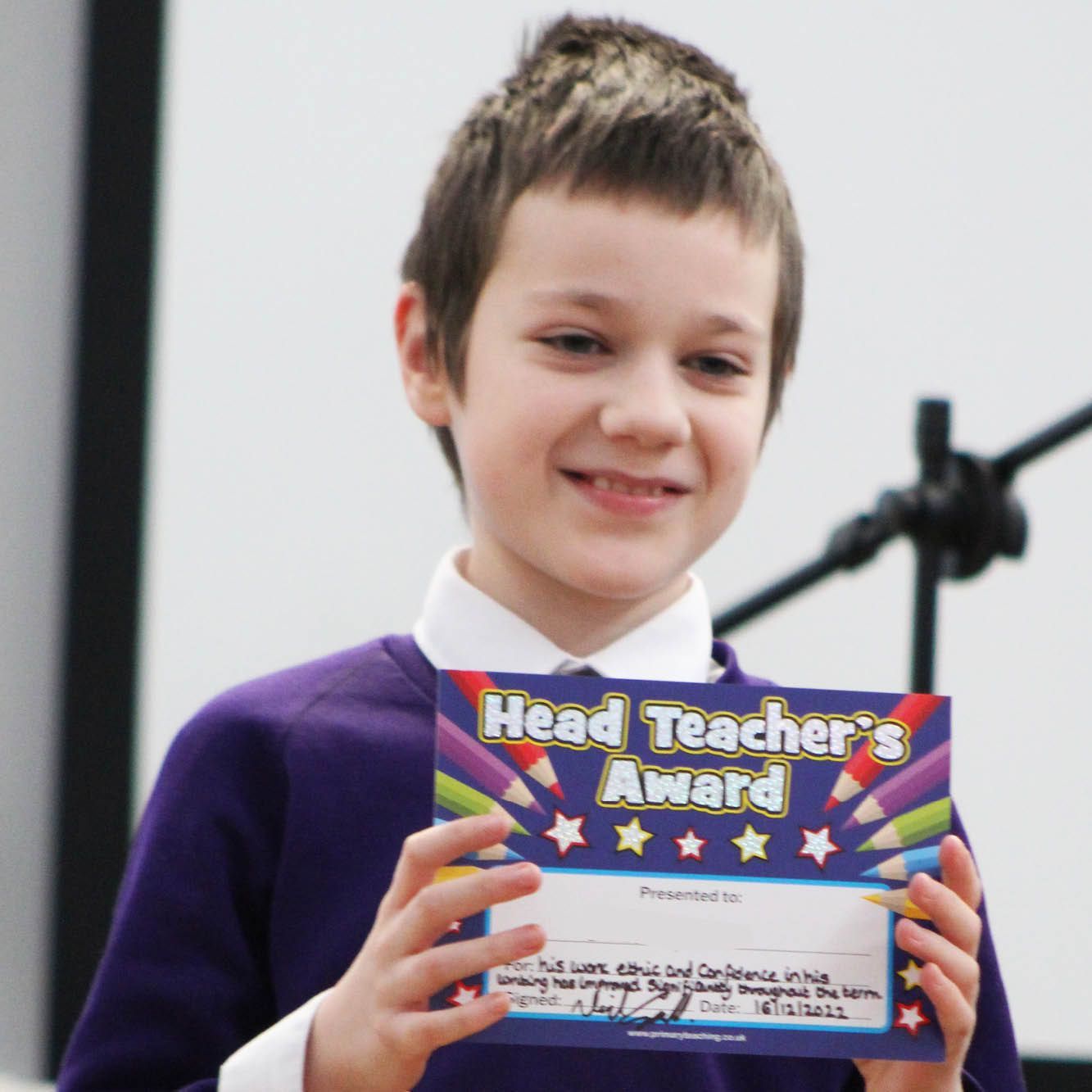

Prepared for life
Our curriculum is designed to ensure that pupils leave Heartsease Primary not only prepared for the next stage of their educational career, but prepared for life.
We are committed to providing a curriculum which is broad, balanced, sequential, and progressive. We aim to ensure that pupils gain essential knowledge, vocabulary, skills and understanding to enjoy their learning, achieve their potential and hold high aspirations of themselves.
A toolkit for life
Our curriculum is a ‘toolkit’ for life.
- The curriculum at The HEART Education Trust is designed to provide a broad and balanced education that meets the needs of all pupils and gives them the skills, knowledge, and vocabulary to prepare them for their future lives.
- It is a ‘toolkit’ to develop skills of resilience, responsibility, independence and the ability to work alongside others so that they are grounded adults, able to meet the challenges and pressures of everyday life in a continuously changing world with passion, enthusiasm, courage, positivity and self-assuredness.
- The aim of our curriculum is for pupils to have the requisite skills to be successful, independent and motivated learners in readiness not just for their next stage of education but for the rest of their lives
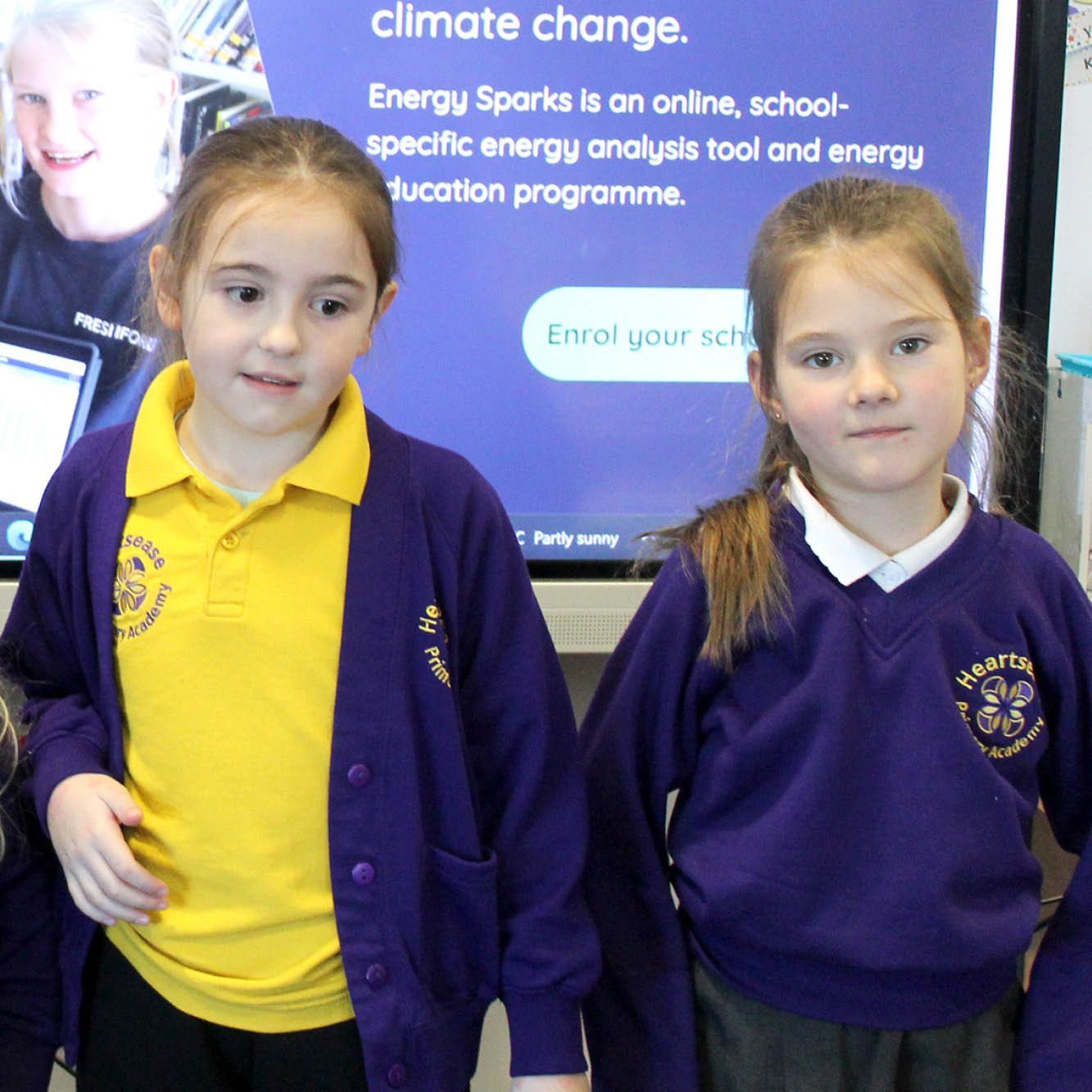
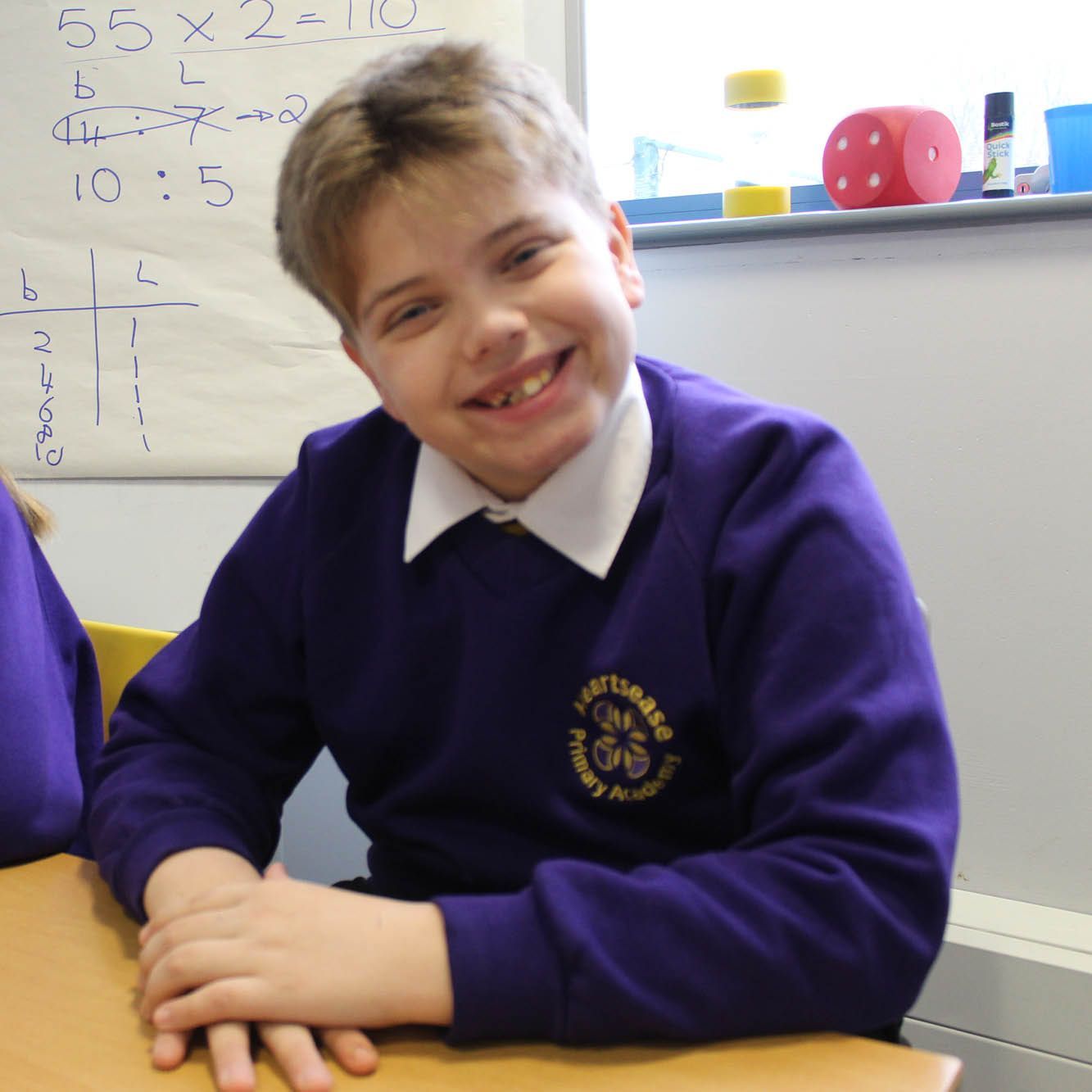
Opportunities for all
- Our aim is that through the curriculum we offer our pupils opportunities and experiences that they may not otherwise have
- It ensures that academic success, creativity and problem solving, application of reasoning, questioning and applying knowledge and skills across the curriculum, as well as physical development, well-being and mental health are key elements that support the development of the whole child and promote a positive attitude to learning.
- The curriculum celebrates the diversity and utilises the skills, knowledge and cultural wealth of the community while supporting the pupils’ spiritual, moral, social and cultural development

